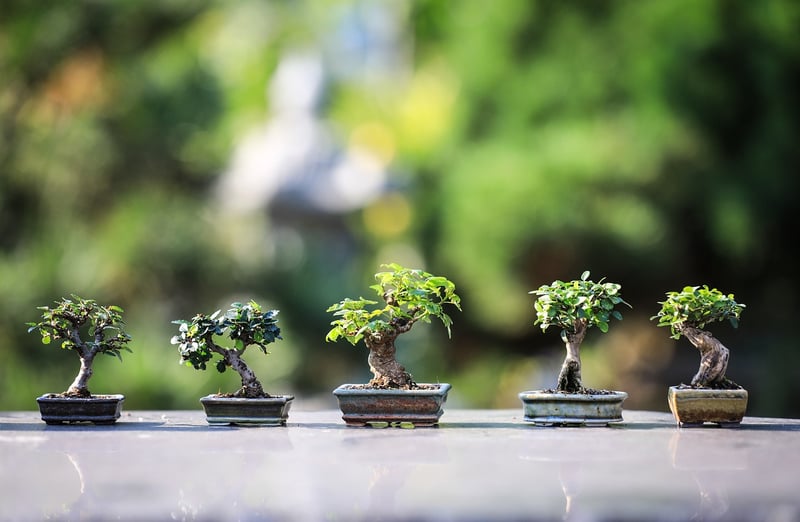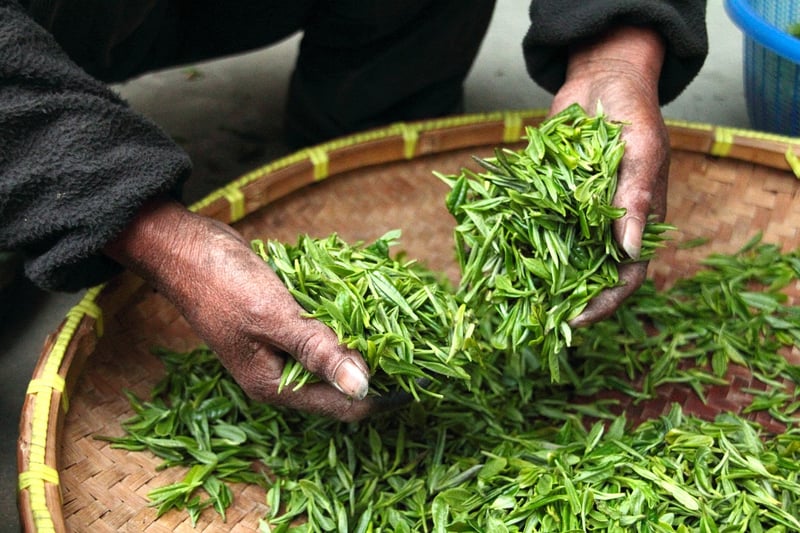Rainwater Harvesting
The Benefits of Environmentally-Friendly Gardening and Rainwater Harvesting
Introduction
Environmentally-friendly gardening practices combined with rainwater harvesting can significantly reduce water usage, minimize runoff, and create a sustainable approach to gardening. This article explores the benefits of these practices and how you can implement them in your own garden.
Environmentally-Friendly Gardening
Environmentally-friendly gardening involves using sustainable practices that are beneficial to the environment and reduce negative impacts. Some key practices include:
- Composting organic waste to create nutrient-rich soil.
- Planting native species that require less water and maintenance.
- Avoiding chemical pesticides and fertilizers that can harm beneficial insects and pollinators.
- Implementing water-efficient irrigation systems such as drip irrigation or soaker hoses.
Image for Environmentally-Friendly Gardening:

Rainwater Harvesting
Rainwater harvesting is the practice of collecting and storing rainwater for later use. This not only reduces the demand on municipal water sources but also helps to prevent erosion and runoff. Some benefits of rainwater harvesting include:
- Reduces water bills by using natural rainwater for watering plants.
- Provides a free and sustainable water source for irrigation.
- Helps to mitigate flooding and erosion by capturing rainwater on-site.
Image for Rainwater Harvesting:

Combining Practices
By combining environmentally-friendly gardening practices with rainwater harvesting, you can create a more sustainable and eco-friendly garden. Here are some tips to get started:
- Install a rain barrel or cistern to collect rainwater from your roof.
- Use this collected rainwater to irrigate your garden beds and containers.
- Incorporate compost into your soil to improve water retention and soil health.
- Choose drought-tolerant plants and mulch to reduce water needs.
By following these practices, you can create a beautiful and sustainable garden that benefits both the environment and your wallet.
Conclusion
Environmentally-friendly gardening and rainwater harvesting are essential practices for promoting sustainability and reducing water waste. By implementing these strategies in your garden, you can help conserve water, support local ecosystems, and create a greener environment for future generations.
